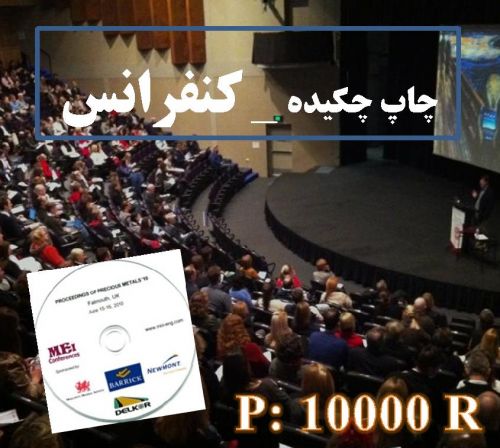Wheat has a special role in providing the required energy and protein of people in the developing countries like Iran. Wheat is confronted with nutritional limitations such as little zinc (Zn) and low biological value of protein, which results in hidden hunger and malnutrition. This research was conducted to study the effect of Zn bio-fortification on wheat protein and amino acids contents in randomized complete block design with three replications. The treatments were non-using Zn sulfate (control and/or Zn deficient stress) and the use of Zn sulfate (spraying 0.5 g/L at stem elongation and 2 g/L at grain filling stages). The results indicated that in Zn treatment, the amino acids contents, total Lysine and Threonine were increased that resulted in higher grain protein content and Zn concentration in compared to Zn deficient stress. It can be concluded that Zn foliar application could alleviate malnutrition by increasing grain Zn content and protein under Zn deficient stress. Therefore, fertilizer strategy (e.g., agronomic bio-fortification) appears as shortterm solution to alleviate malnutrition problem.
کلید واژگان :Zinc application; Bio-fortification; Amino acids; Protein; Bread wheat
ارزش ریالی : 200000 ریال
با پرداخت الکترونیک
جزئیات مقاله
- کد شناسه : 7151236828863675
- سال انتشار : 2016
- نوع مقاله : چکیده مقاله پذیرفته شده در کنفرانس ها(فایل کامل مقاله بارگزاری گردد)
- زبان : انگلیسی
- محل پذیرش : 2nd International & 14th Iranian Nutrition Congress
- برگزار کنندگان : Tehran University of Medical Sciences (TUMS)
- تاریخ ثبت : 1396/09/13 09:48:08
- ثبت کننده : مجید عبدلی
- تعداد بازدید : 274
- تعداد فروش : 0
